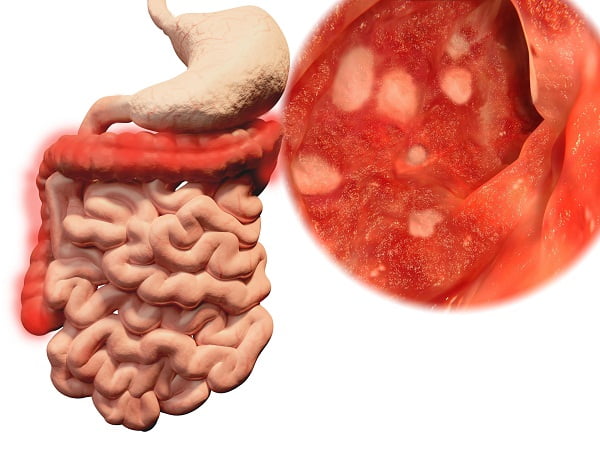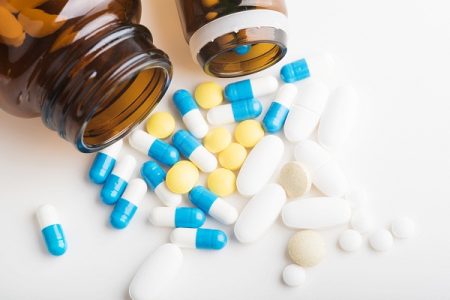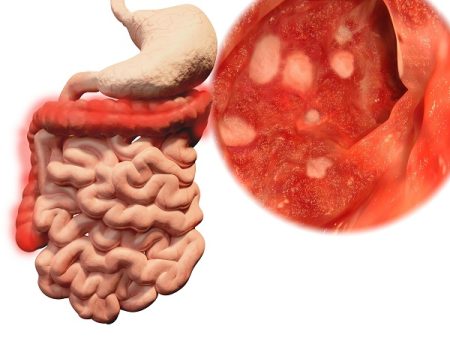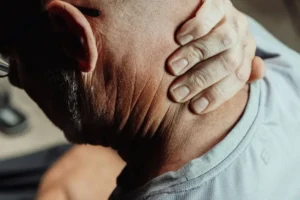Ulcerative Colitis Flare-Ups: Tips to Manage Them
- Updated on: Aug 26, 2024
- 2 min Read
- Published on Apr 19, 2021


What is an ulcerative colitis flare up?
An ulcerative colitis flare-up is the recurrence or the return of the symptoms of ulcerative colitis (UC) after a period of remission. This involves recurrence of symptoms such as diarrhea, pain in abdomen, bloody stool, cramping, rectal pain, loss of appetite, unwanted weight loss, fatigue, and frequent bowel movements.
Ulcerative colitis flare-ups can be quite frustrating and may require immediate medical attention. You should talk to your doctor if you are experiencing symptoms or worsening of the symptoms.
Treating the ulcerative colitis flare-ups
The goal of ulcerative colitis treatment is to bring about long-term remission and minimize the flares. It’s likely that your doctor or gastroenterologist will see you for regular checkups. You should also contact your doctor if you have concerns about worsening of the symptoms or if you need help managing a UC flare.
6 tips to manage ulcerative colitis flare-ups
Changes in your diet and lifestyle factors may help manage the flare-ups and increase the time between such flare-ups. You can try these six tips:
Say no to fiber if it causes a problem
Generally, high-fiber foods are an excellent source of nutrition and recommended by doctors. However, if you have ulcerative colitis, these foods may worsen your symptoms. High fiber foods are such as fresh fruits and vegetables, whole grains, nuts, seeds, corn and popcorn. Avoid eating raw fruits and vegetables as well.
Have smaller meals
It is better to have five or six small meals a day instead of three big meals. Plan small, healthy, and balanced meals.
Skip the dairy
There is no conclusive evidence for it though, but doctors recommend avoiding dairy foods as these can aggravate the flare ups. Dairy is considered a common culprit. Try to eliminate or limit milk, yogurt, cheese, and other dairy products in your diet. This may help manage symptoms such as diarrhea, abdominal pain and gas.
Exercise for ulcerative colitis
Exercise can help reduce tension, stress, and relieve depression and anxiety. It can keep your bowels healthy. Exercise can make a lot of difference in your overall health. Biking, walking, swimming, running, are all good options. You can talk to your doctor to understand exercises that’s right for you.
Cut down on fat and spicy foods
It’s a good idea to cut down on fat during flare ups to prevent bulky stools. Avoid other potential triggers, such as spicy foods that may worsen the symptoms during flare ups.
Tips For diarrhea relief
It’s okay to take an over-the-counter anti-diarrheal medicine generally. But you should contact your doctor as early as possible because these medicines may not always work and a delay may worsen the condition.
Also, it is good to follow a low-residue diet. You may find diarrhea relief if you take less of carbonated drinks, juice, milk, etc.
Tips for abdominal pain relief
Your doctor treats you for the flare. This will give you relief from the abdominal pain. NSAIDs are also recommended by doctors. Your doctor may prescribe an antispasmodic medication, which give relief to the stomach muscles.
Tips for fever relief
In adults, a temperature above 99 degrees Fahrenheit is considered a fever. Acetaminophen is preferred instead of ibuprofen and aspirin to manage the fever.












